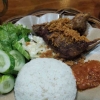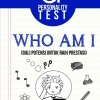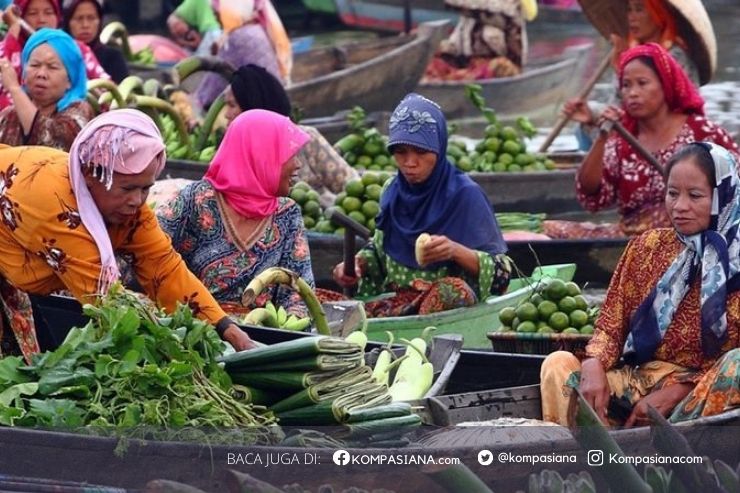Identity politics as practiced by numerous actors in the Indonesian political realms, aims for 1 thing; Gaining allies. Thus, manifested through the usage of identity classification such as race, beliefs, skin color, economical background, historical background, and many other elements that leads to commonization.
Human, as a social being that owns the propensity to live in groups, would likely to find alliance with those with something in common. A Javanese man regardless of what specific city he lives in would find a better company in Kalimantan with another Javanese person especially when they both could communicate with Javanese language. That same Javanese men would also find a better company with fellow Indonesian regardless their ethnicity when they both live in America.
Same thing occurs to an American man when he worked in the ISS space station. He will find a better company to a fellow human astronaut despite the difference of that other human's nationality, beliefs, nor skin color compared to the lab chimpanzee that only communicates with sign language when it starves.
Common elements unites and sparks the willingness to unite. Power and influence are highly affected by quantity. The bigger the number of people united by a single identity - initiated or facilitated by a certain few, the easier to build a public opinion. And public opinion in Indonesia as a democratic country, (should've) held the biggest portion in political circulation and process.
But let's take a look at how shallow the common aspects are and how ironic this un-general commonization. The 212 movement back in 2016 protesting Basuki Tjahaja Purnama's blasphemy against Islam was initiated by a group with a religious Identity. A very popular religion with the biggest number of followers in Indonesia. And they all have a few things in common. They are all Moslems, willing to protect their belief, and disliked what Ahok was saying. Thus, gaining support and mass was not very hard. Now, due to the "trauma" from a politician related blasphemy mess, shifting the public's opinion was never this easy. Wrap your political ideas with the majority religion's verse and wear religious attributes. And that is only from a religion's identity perspective.
Let's jump backwards to the dark history of ethnical wars in Kalimantan back in 2001 (few sources mentioned that earlier conflict arises way before the peak moment). Maduranese settled in few areas in Central Kalimantan (mostly) as an impact of the colonial transmigration program circa 1930 (look it up). And again, as what humans naturally do as emphasized by Charles Darwin in his book "Origin of The Species", they gather (for survival needs basically). The Maduranese as a newcomer finds themselves in competition and conflicts relating to ownership and etc. against the local Dayaknese. Some may say the Maduranese was sticking with their fellows and was no acting properly in the land of Kalimantan. Some may say that the Dayaknese was disliking their success in the land of foreign or simply dislike the comers.
Or even about how the local beliefs was considered false according to the Madura's faithful Islamic values. No one knows the actual truth behind this ethnical conflict and none of the upcoming theories are needed nor justified. The problem was clear. There was a mutual objection between these two identity. Foreigner and local, Madura and Dayak, Heathen or Devotee, Civilized or Barbarians, are claimed identity and somehow are also given without the willingness to be labeled. Identity is the very thing unites us yet it differentiates instantly.
We know there's are a lot more that just the aspect of religion or ethnic to unite a mass - yet to separate them (ironically). In the context of Indonesia, a country consisting of thousands of different language, race, traditions, and numerous religions (not to mention the local beliefs which I highly recommend all of you to find out deeper ), these kinds of mass-gathering strategy is a thing for the political actors. So let's ask this question to ourselves (respectfully). Do my identity really unite me for the better? Or should I put away my identity in order to unite in a greater unification? Or do we really need to be unified?










